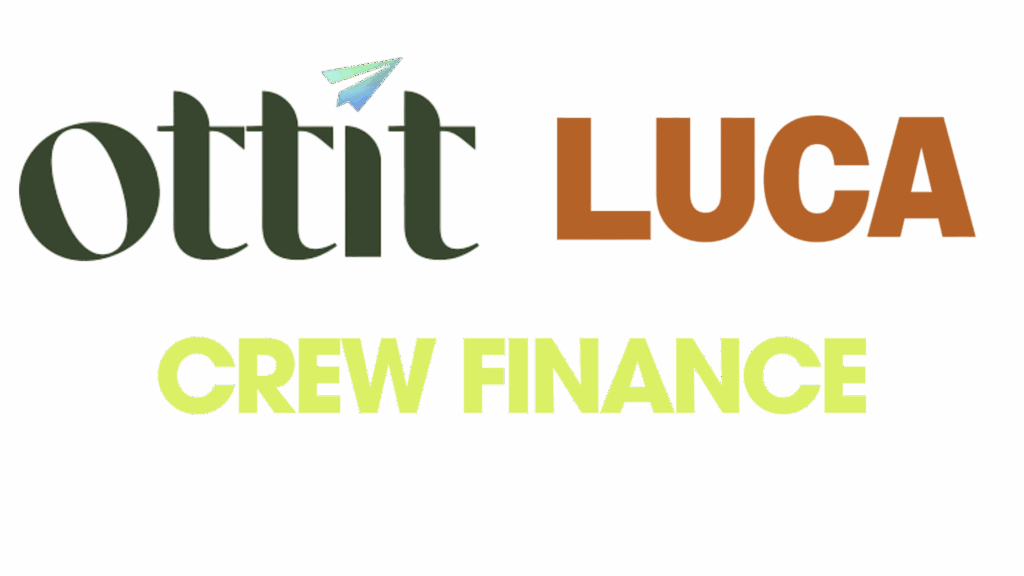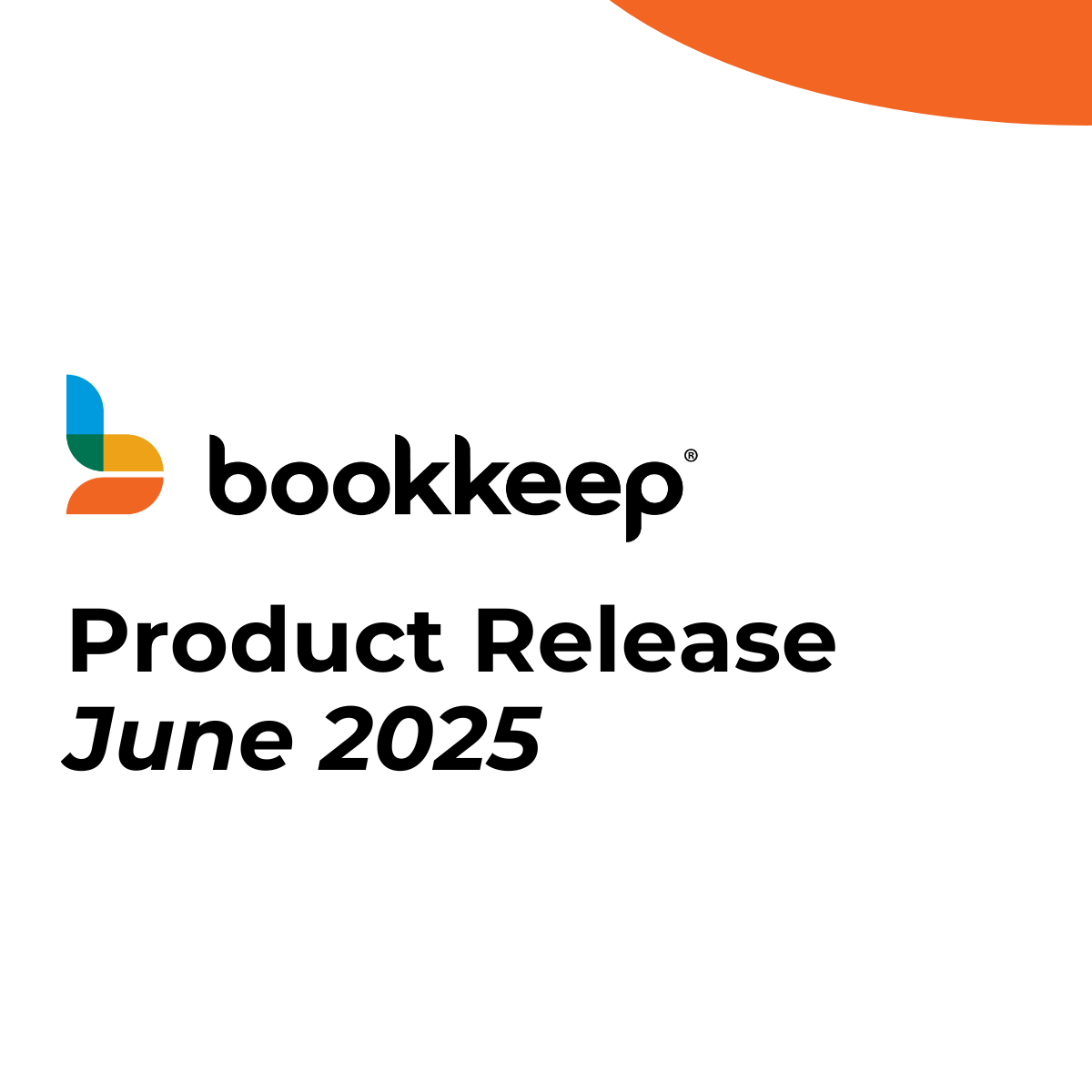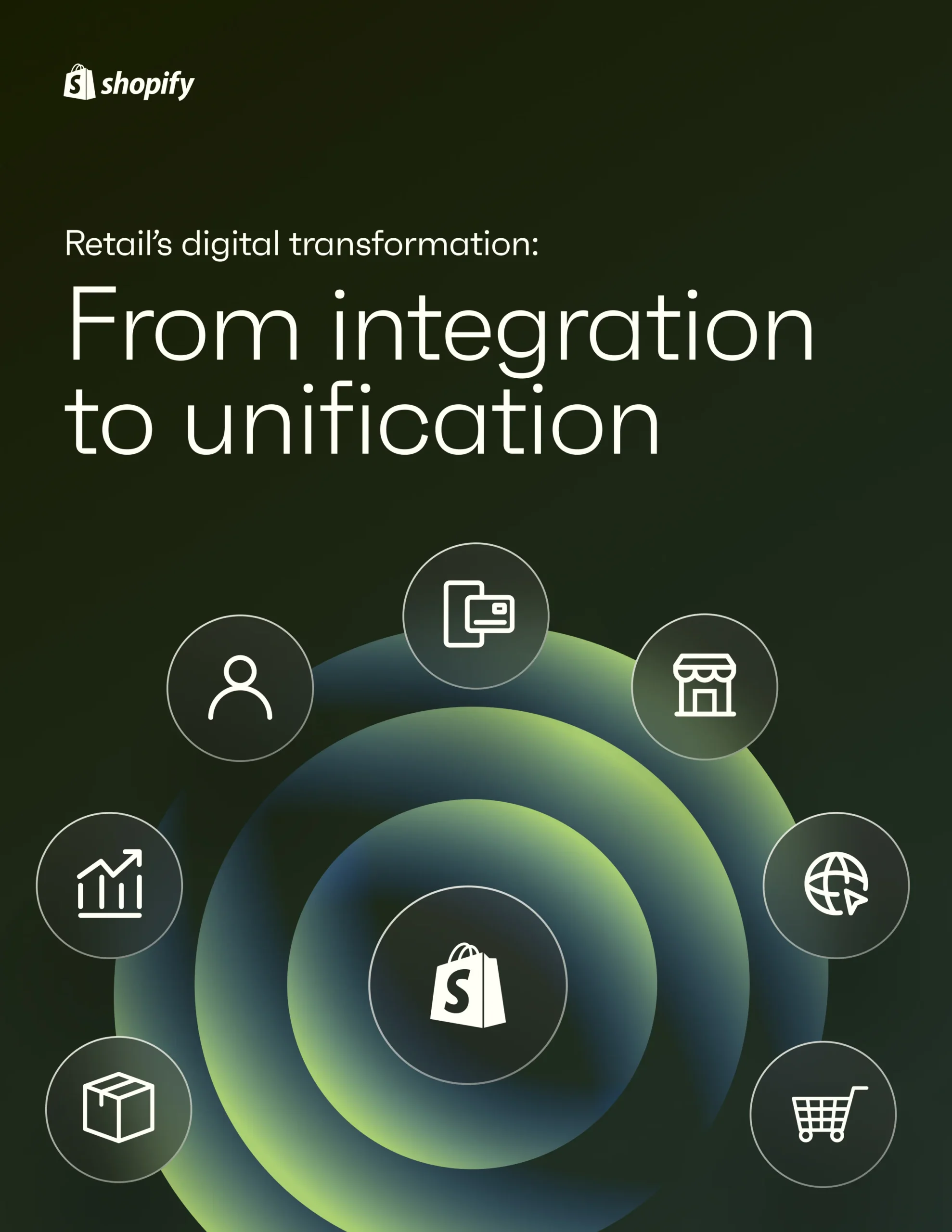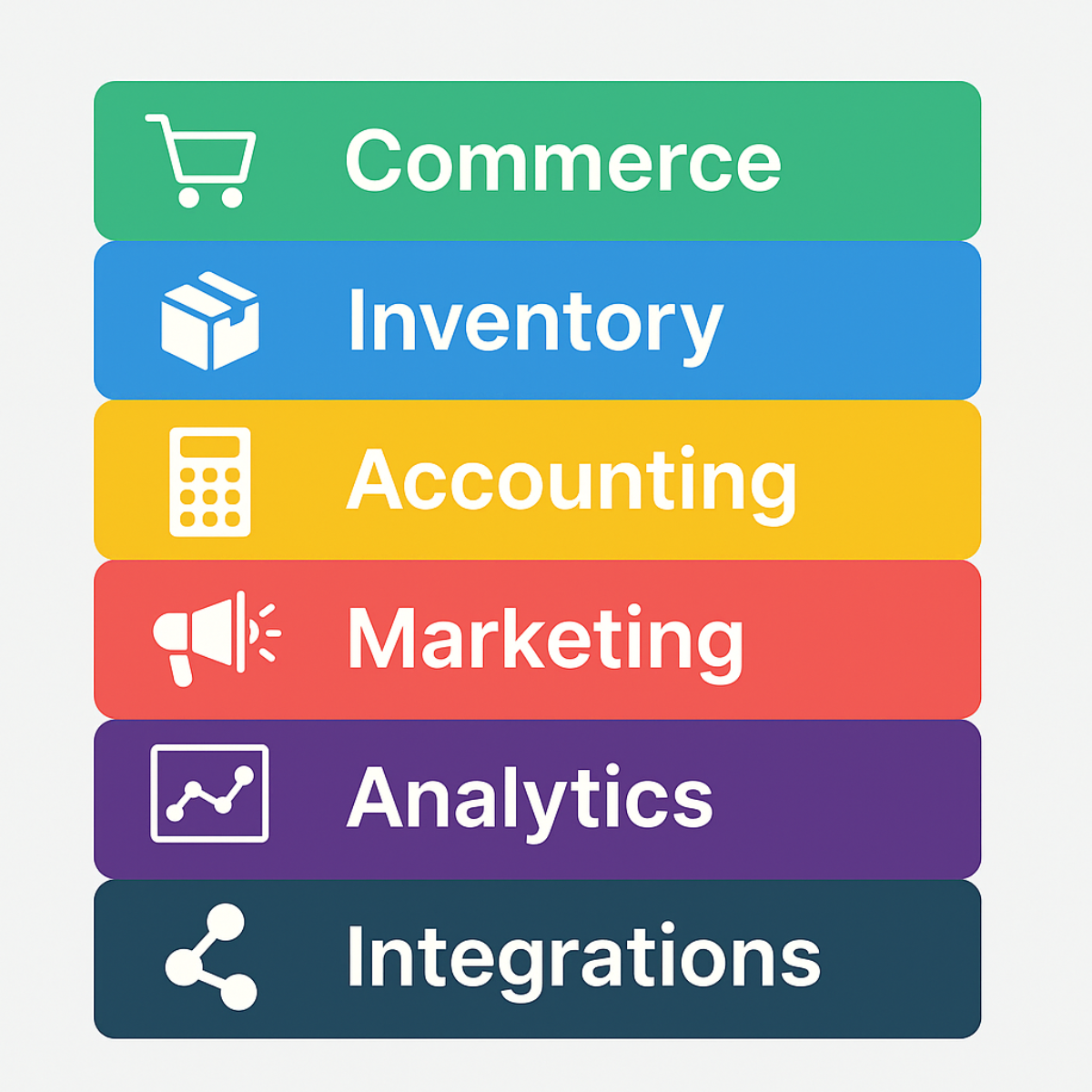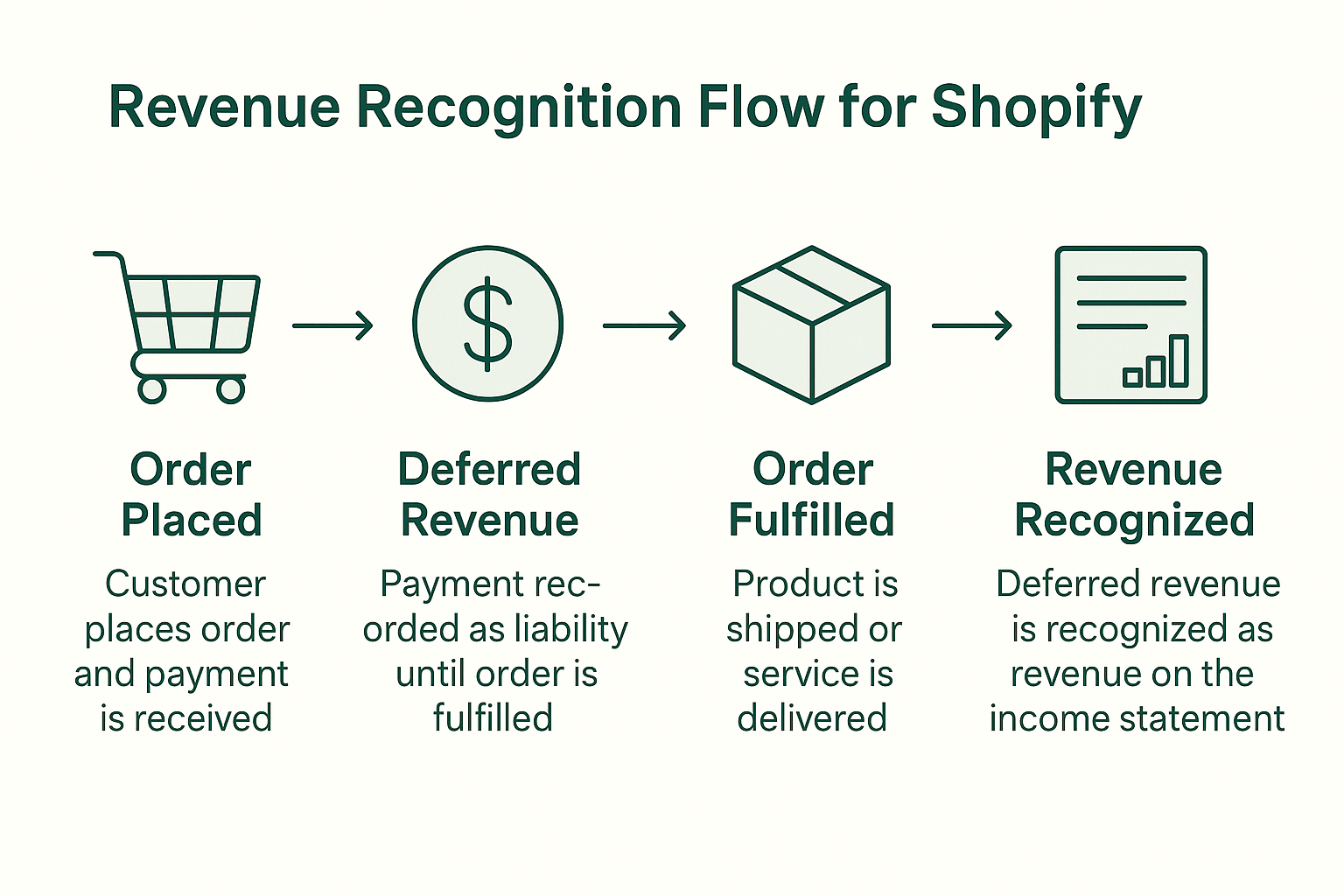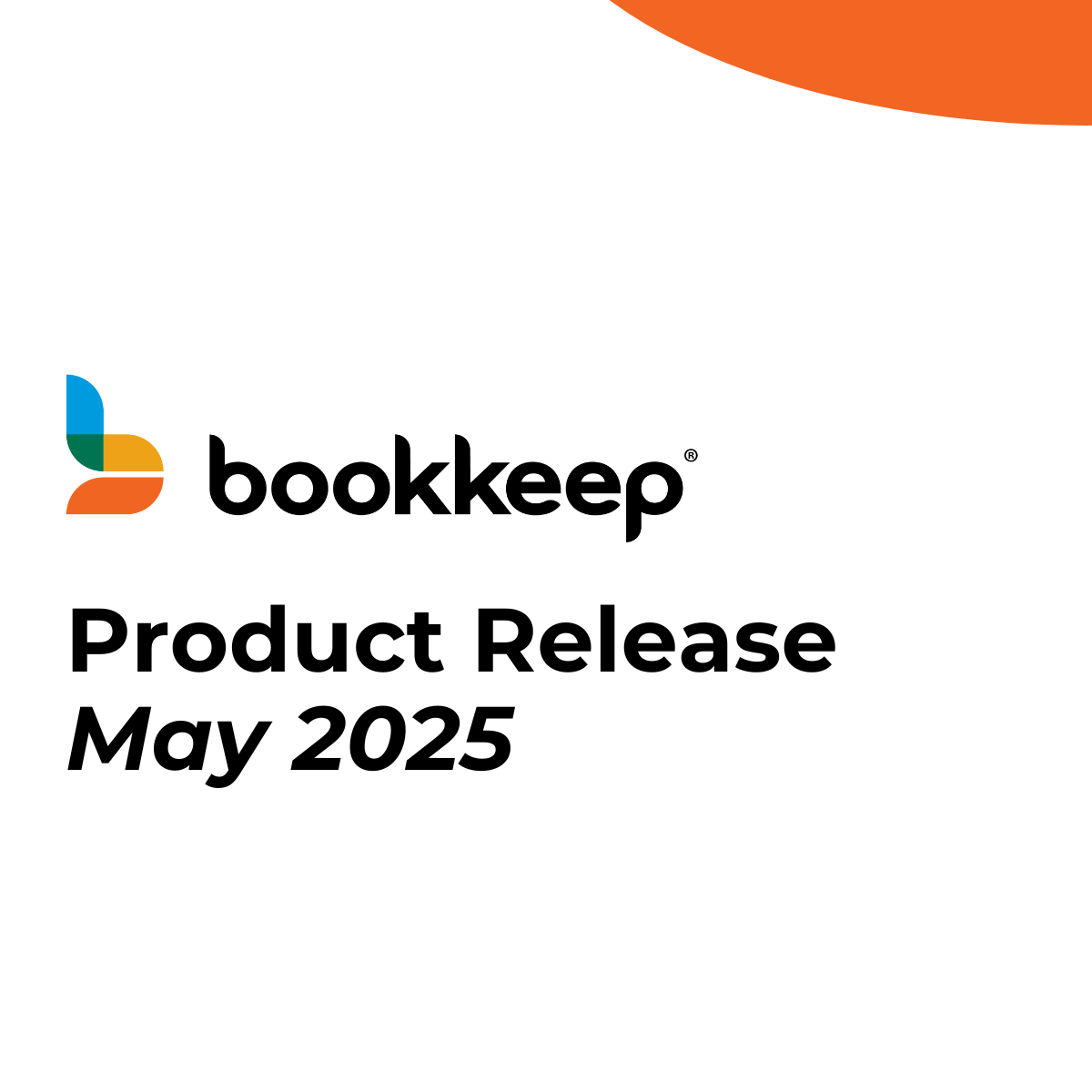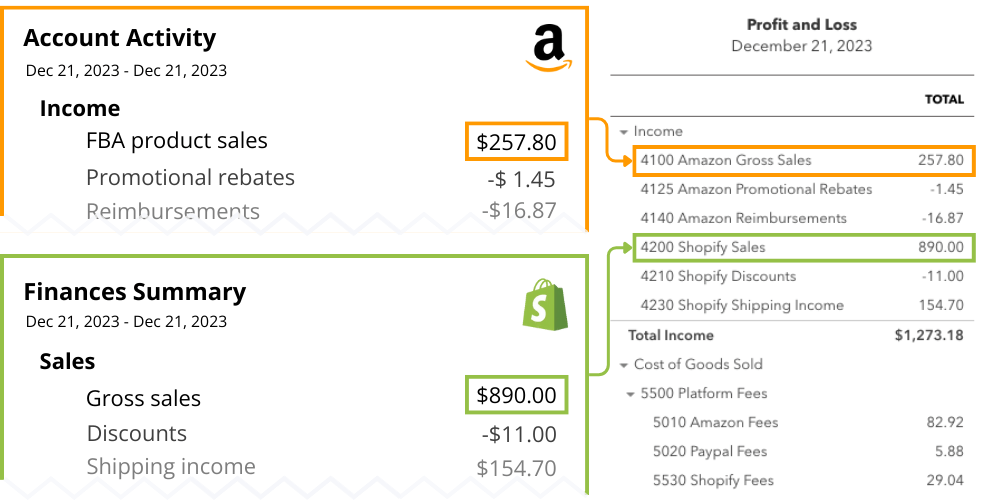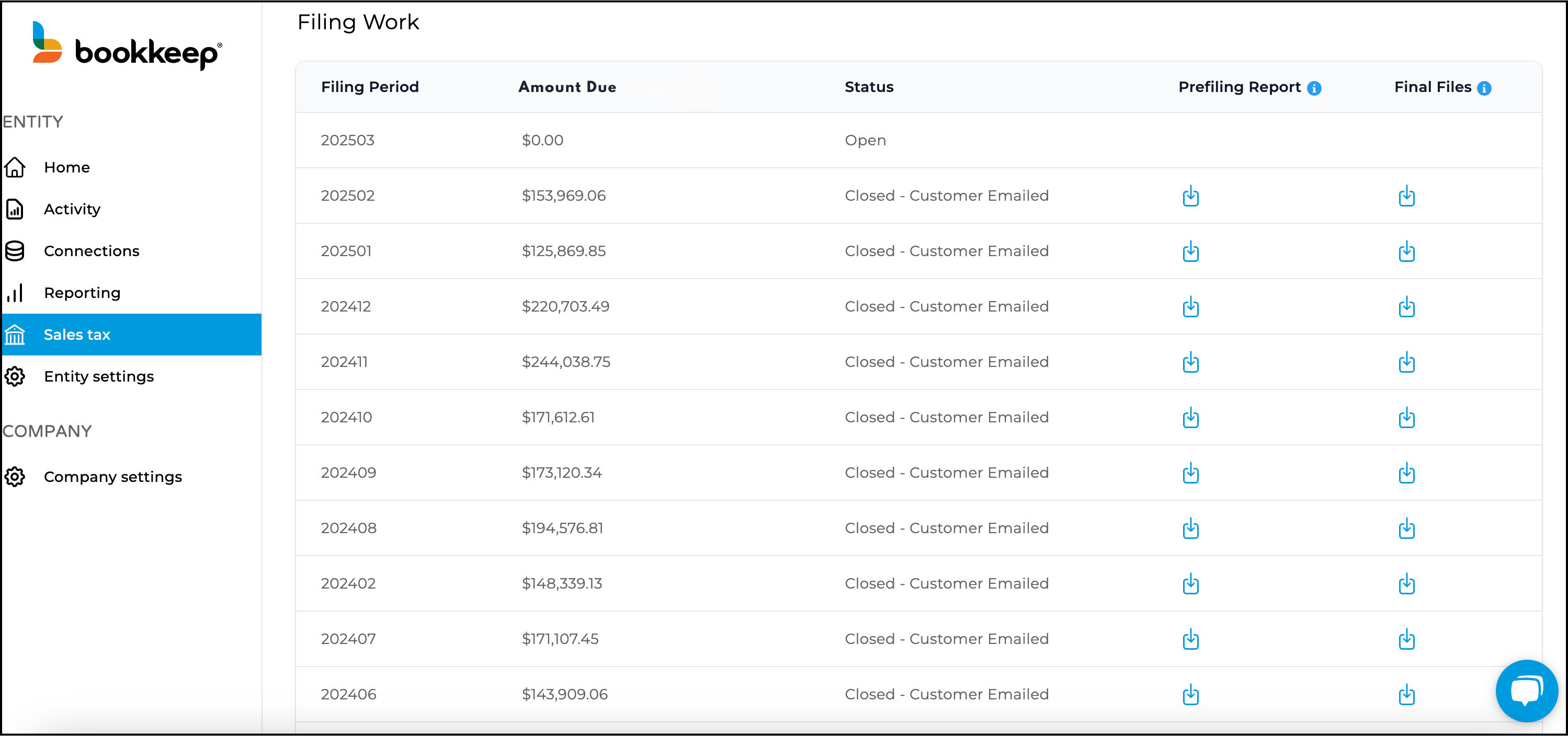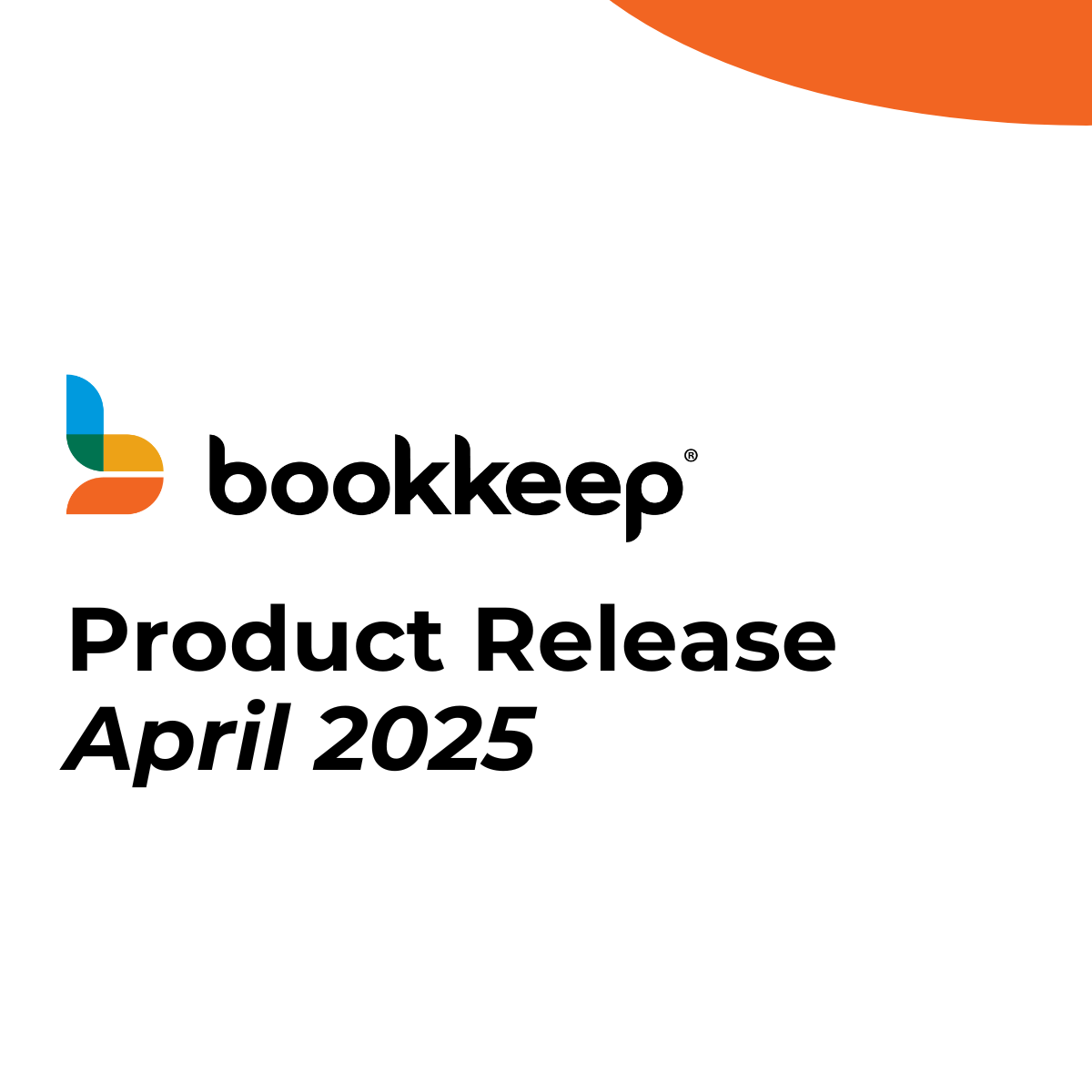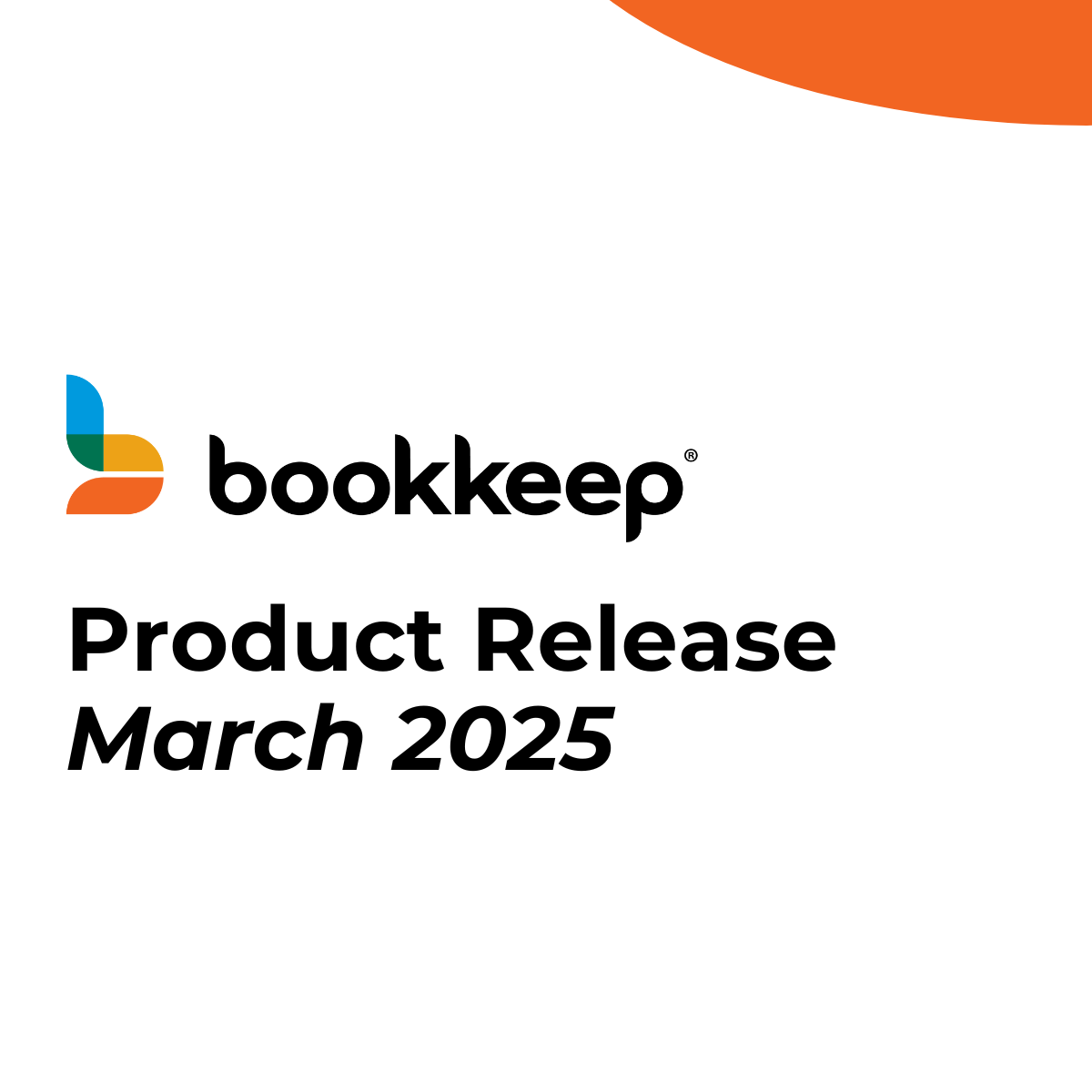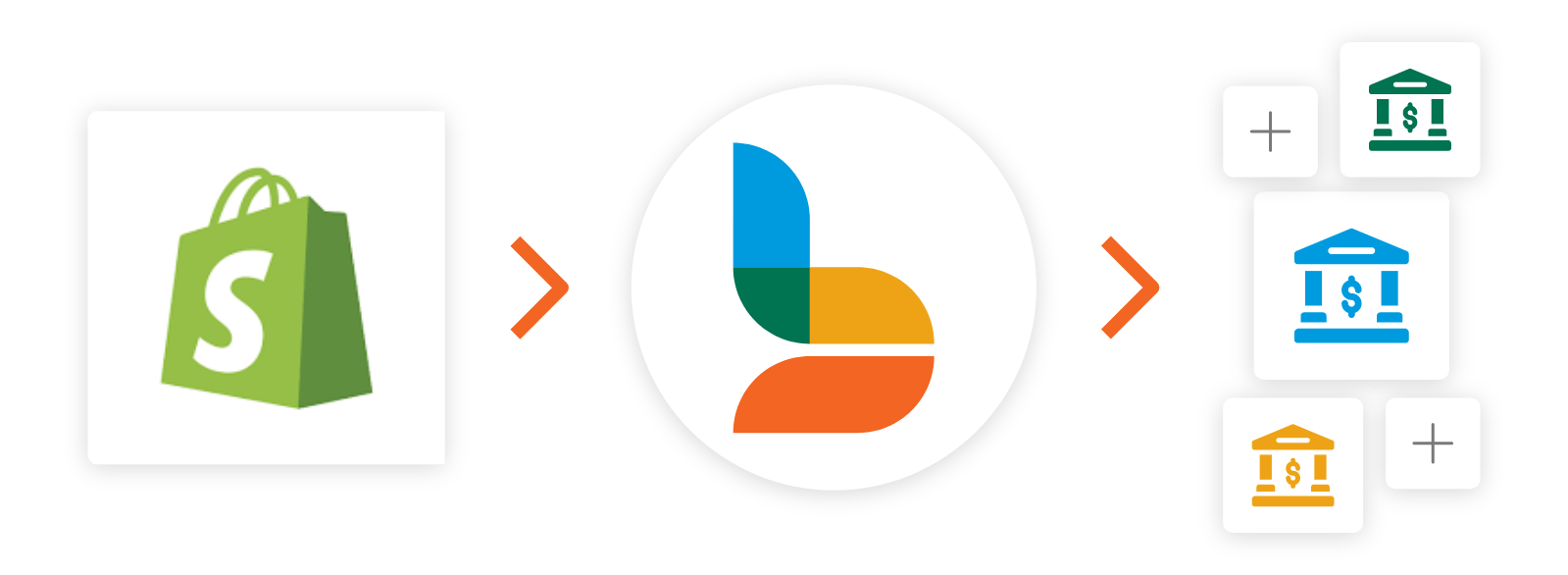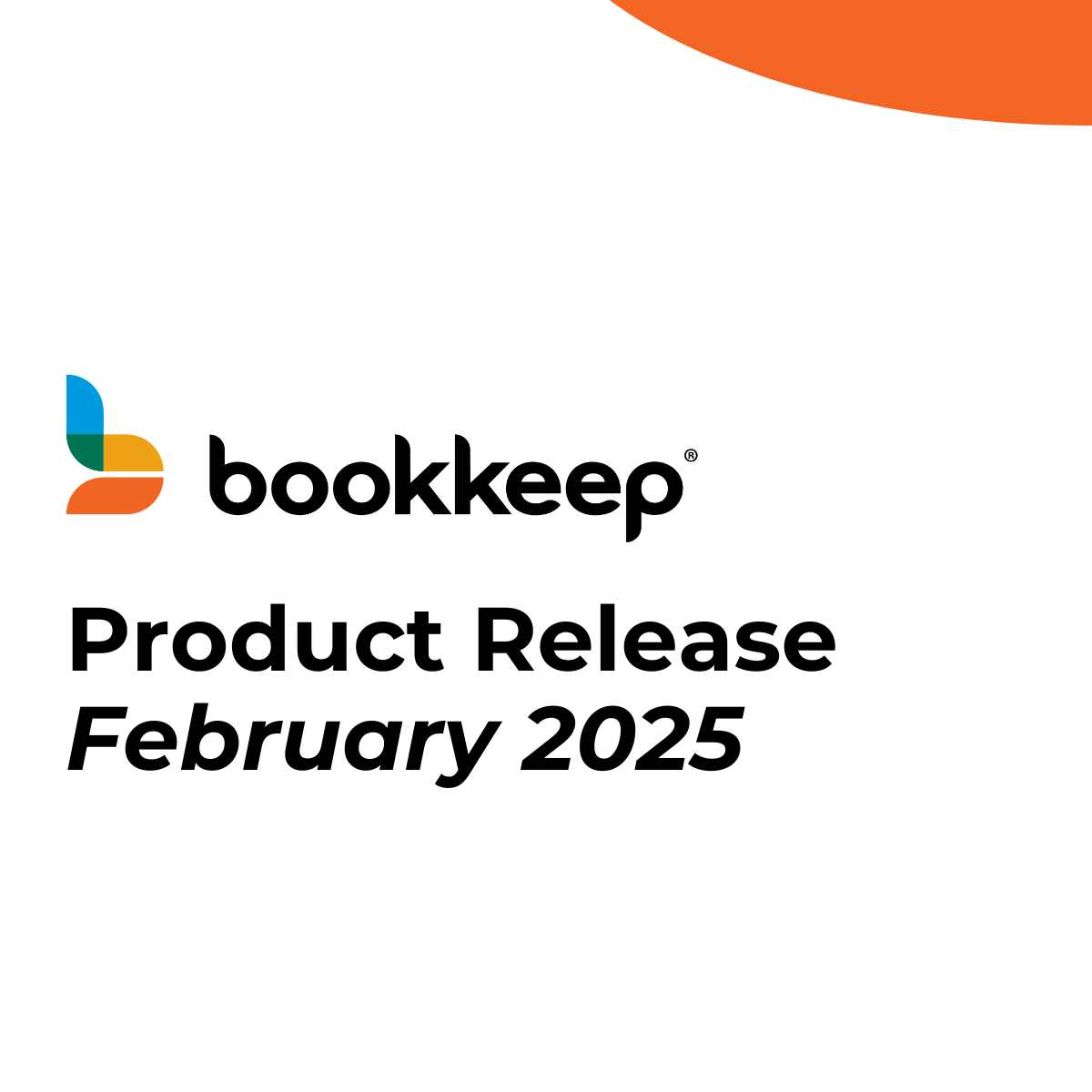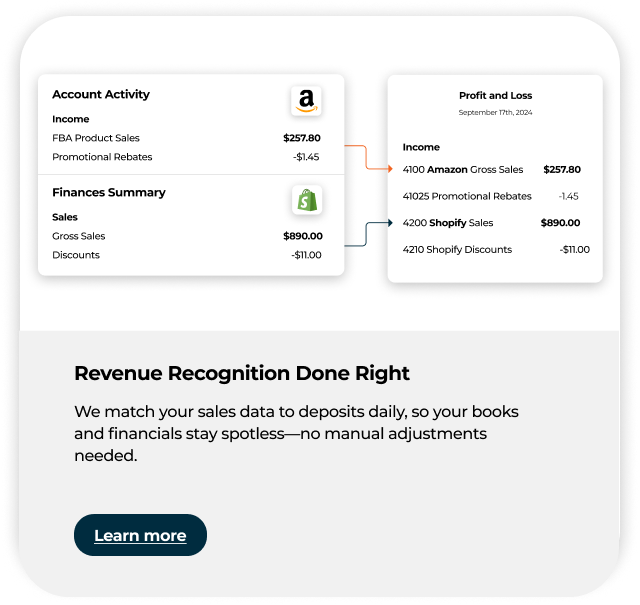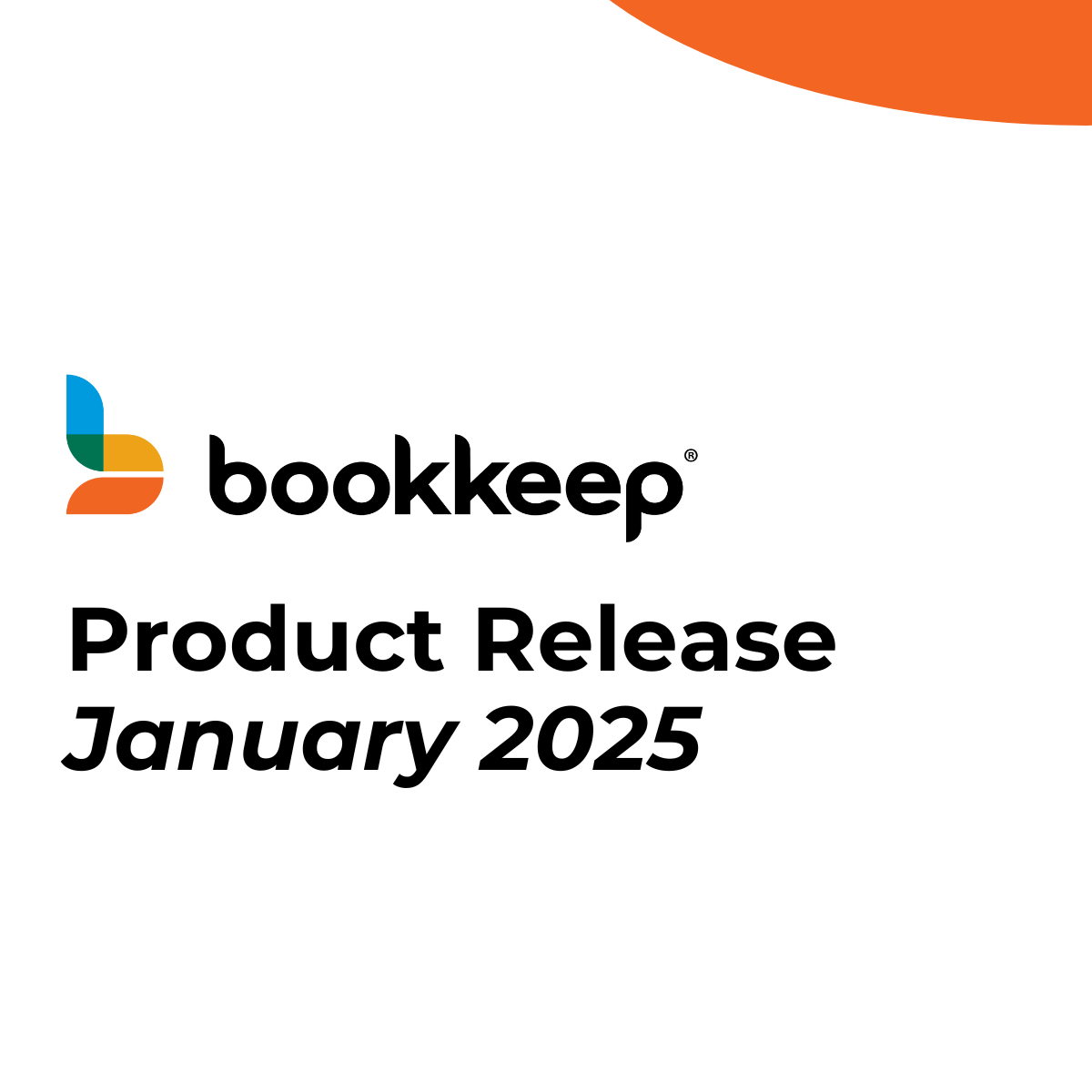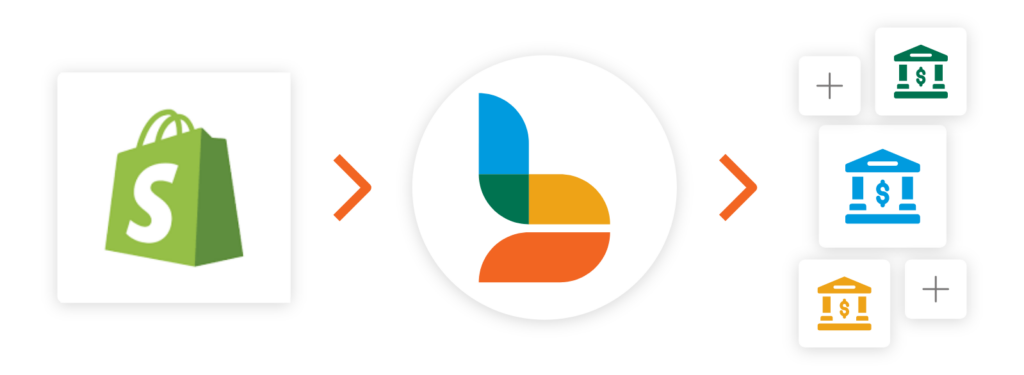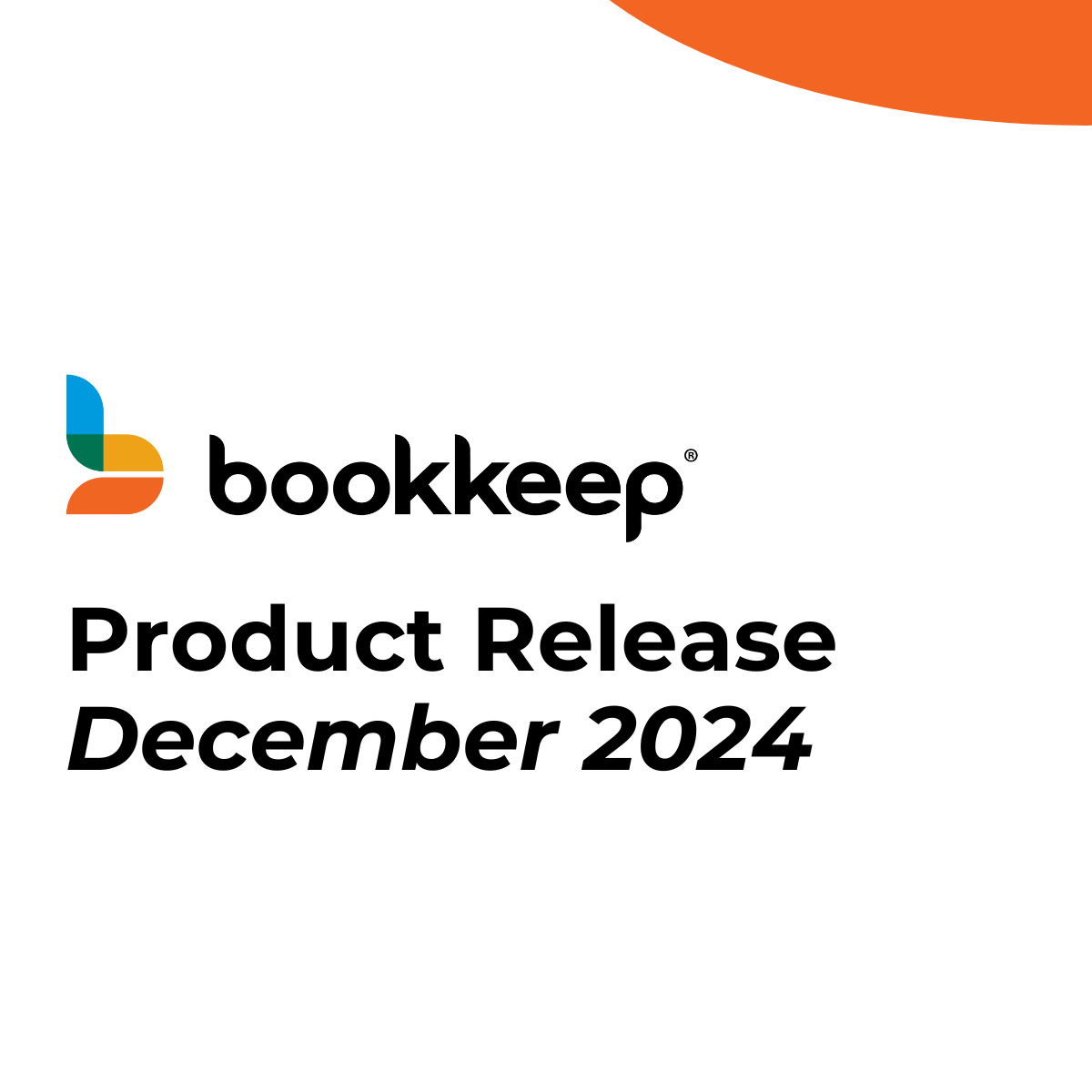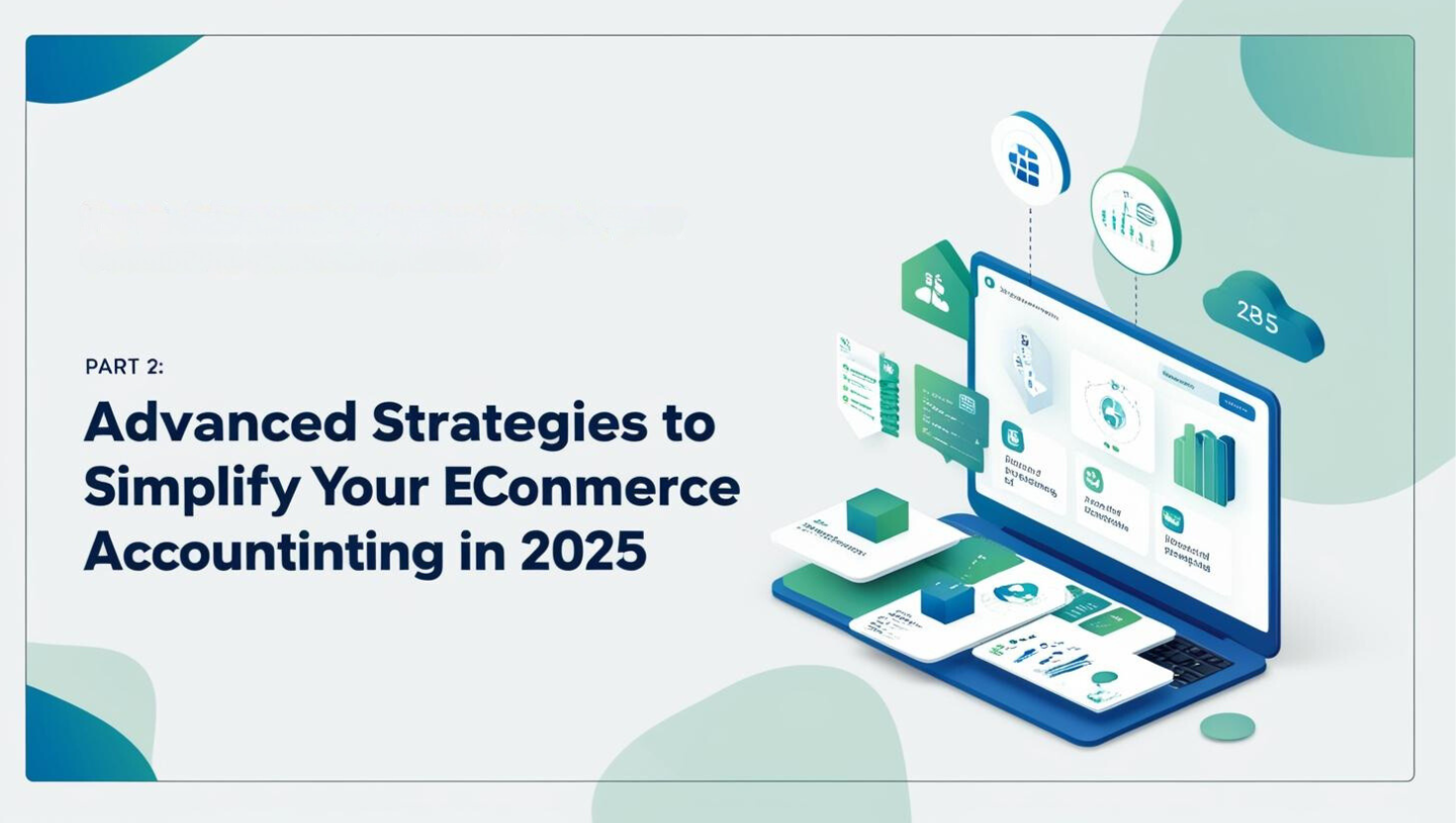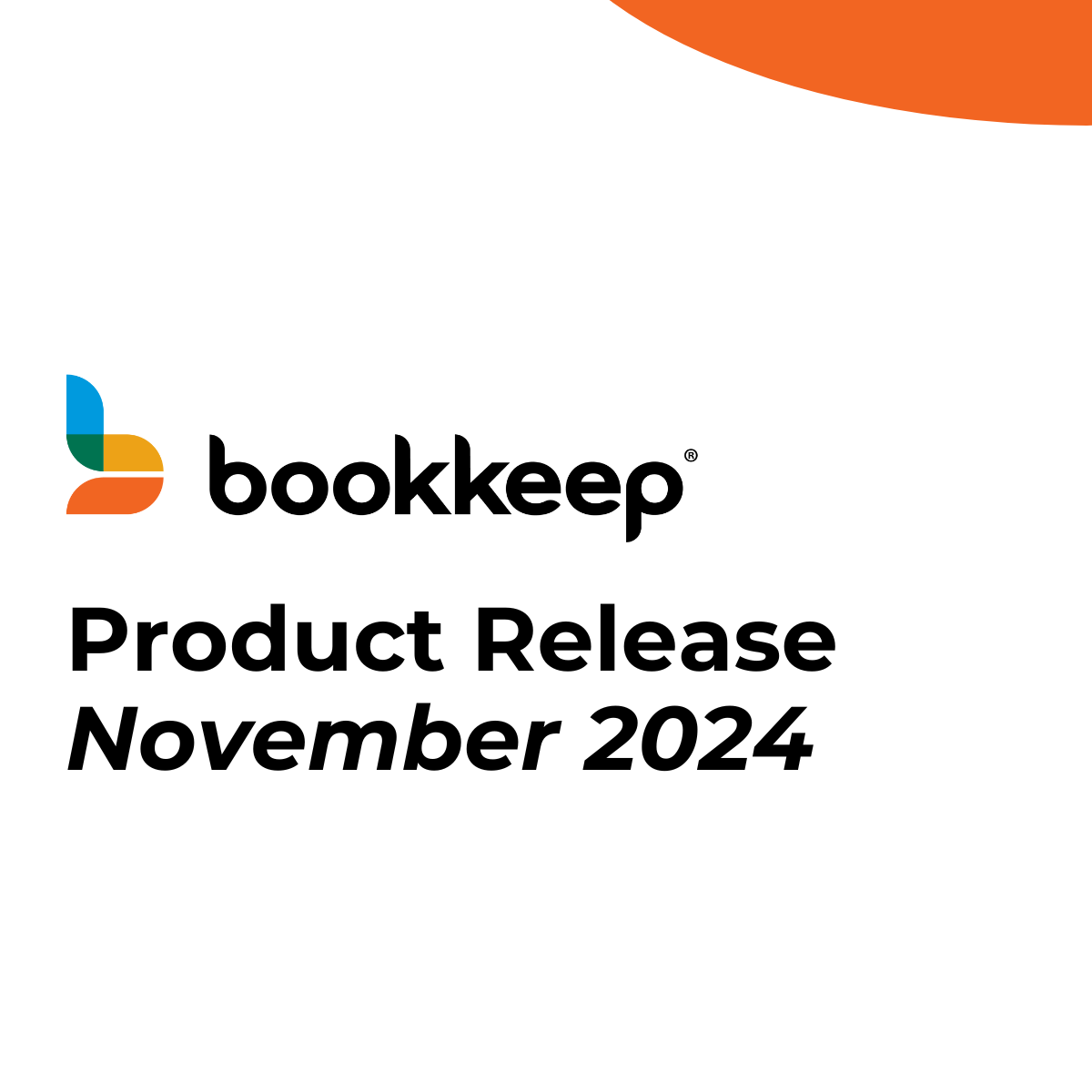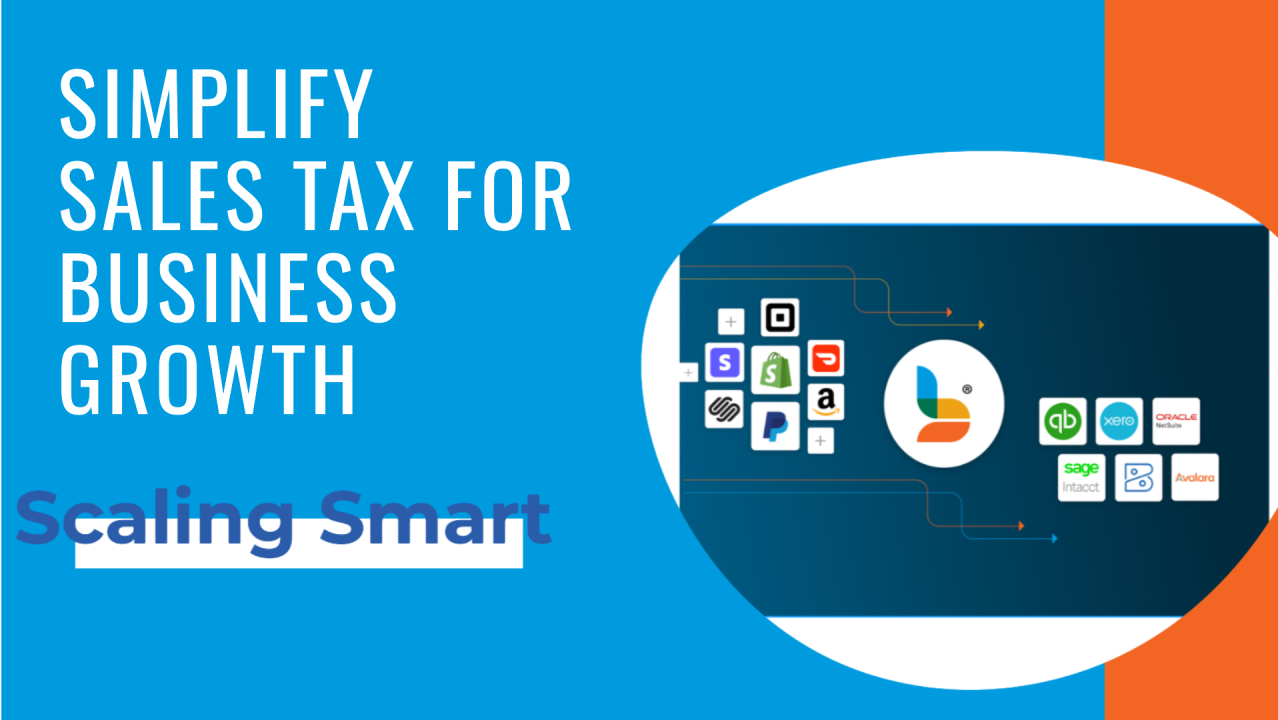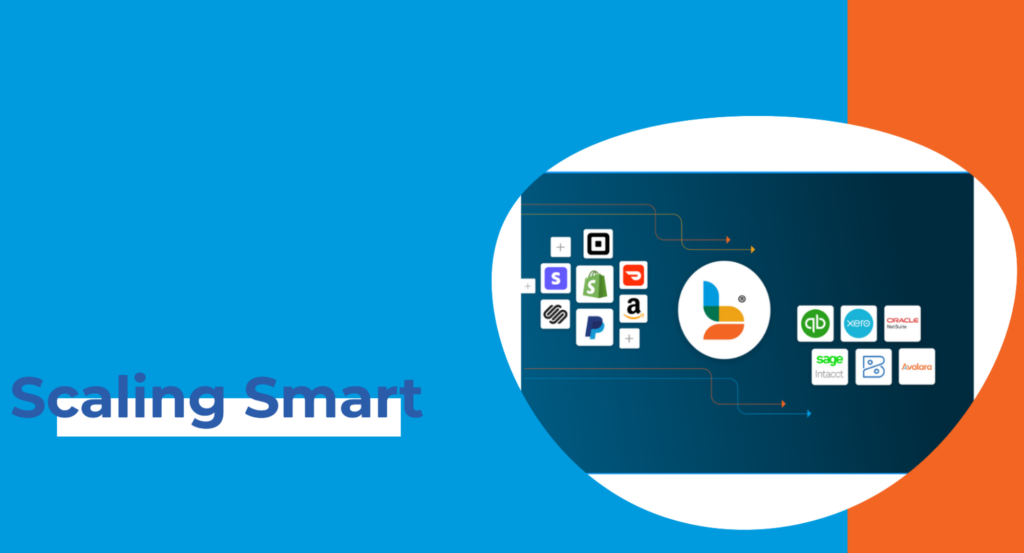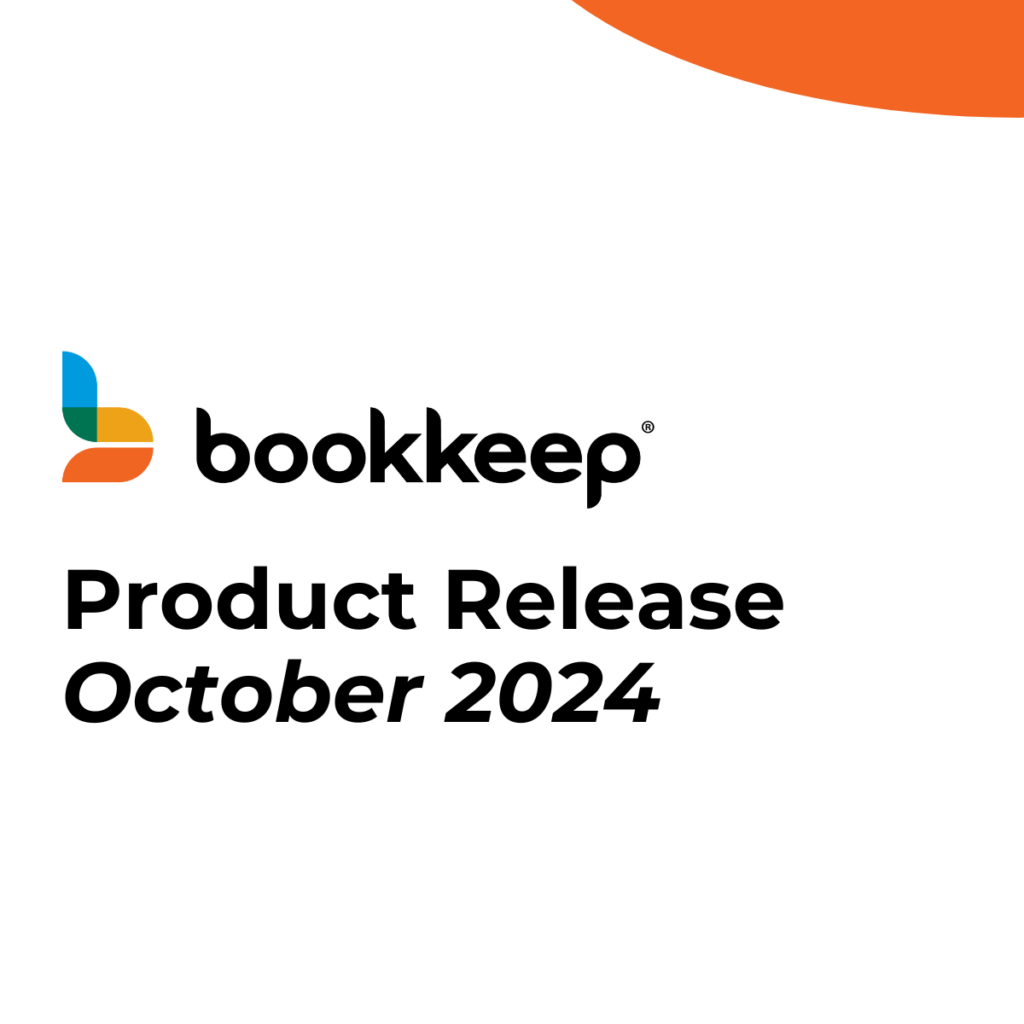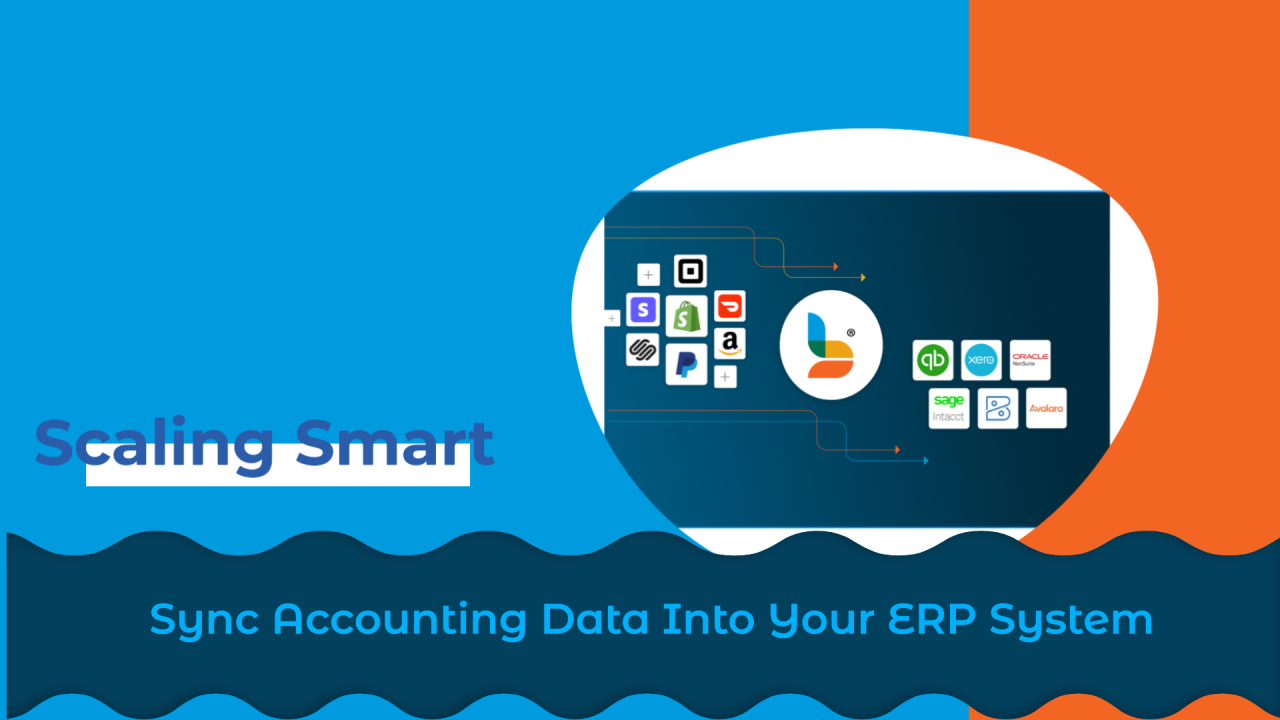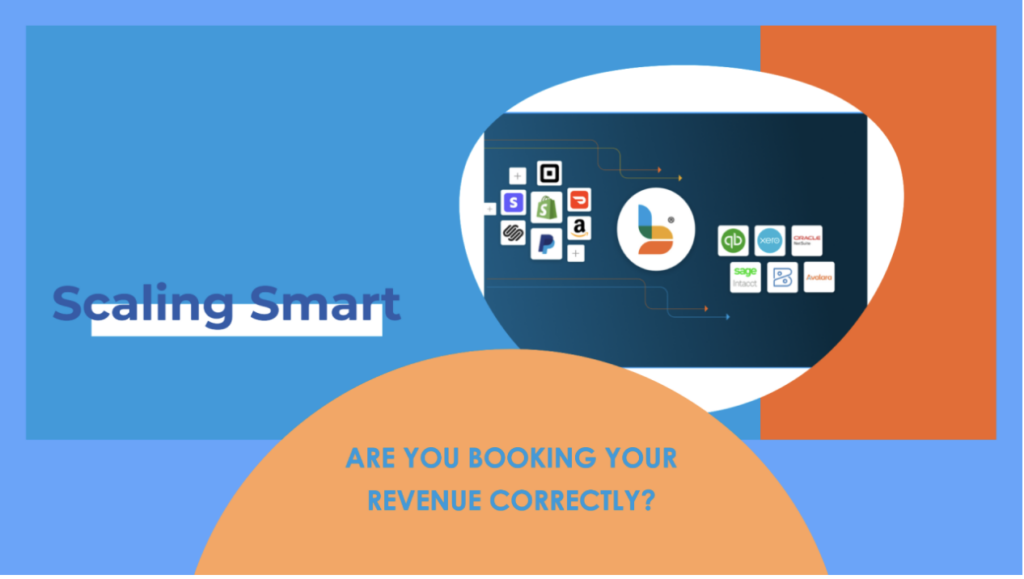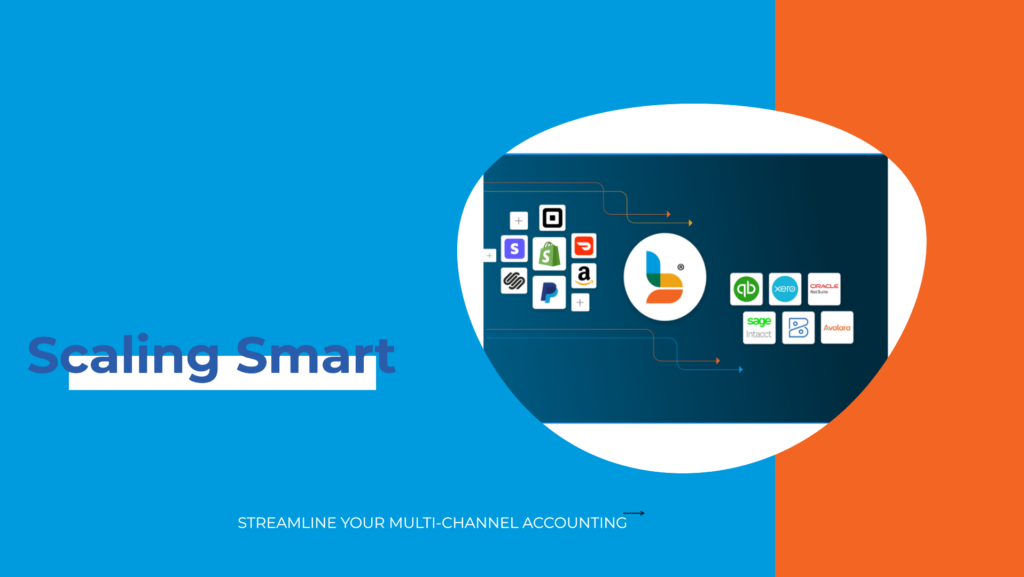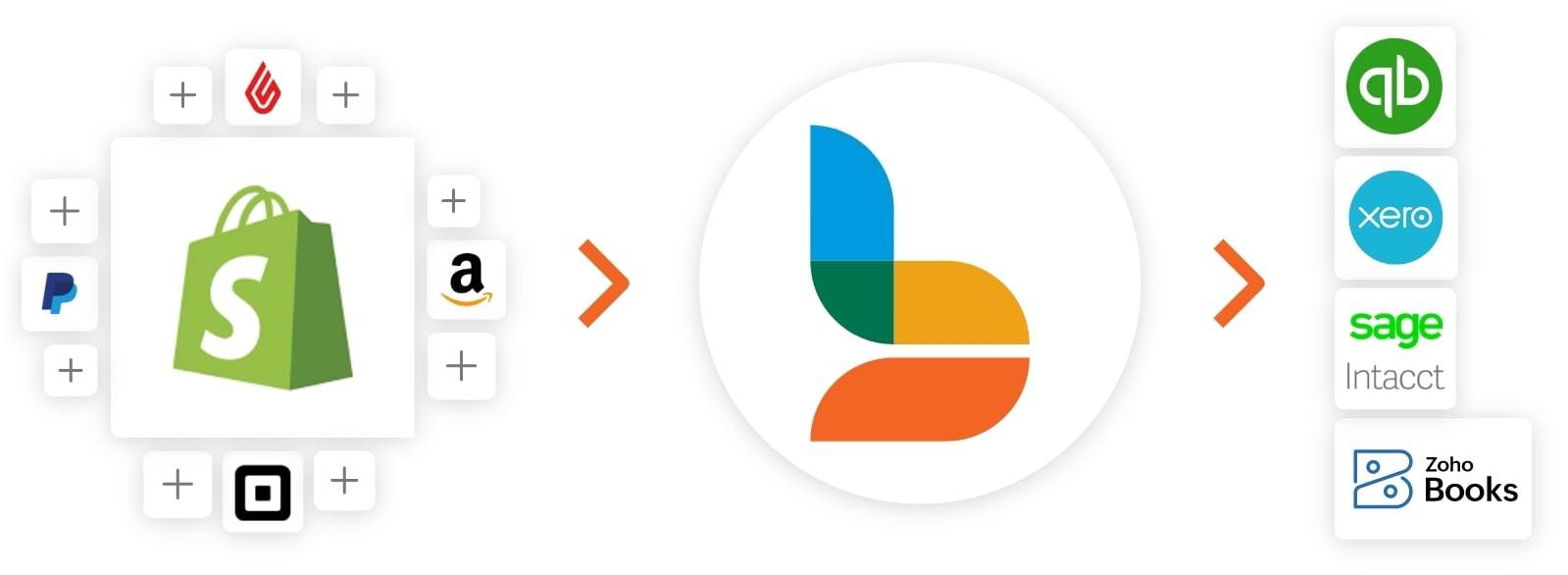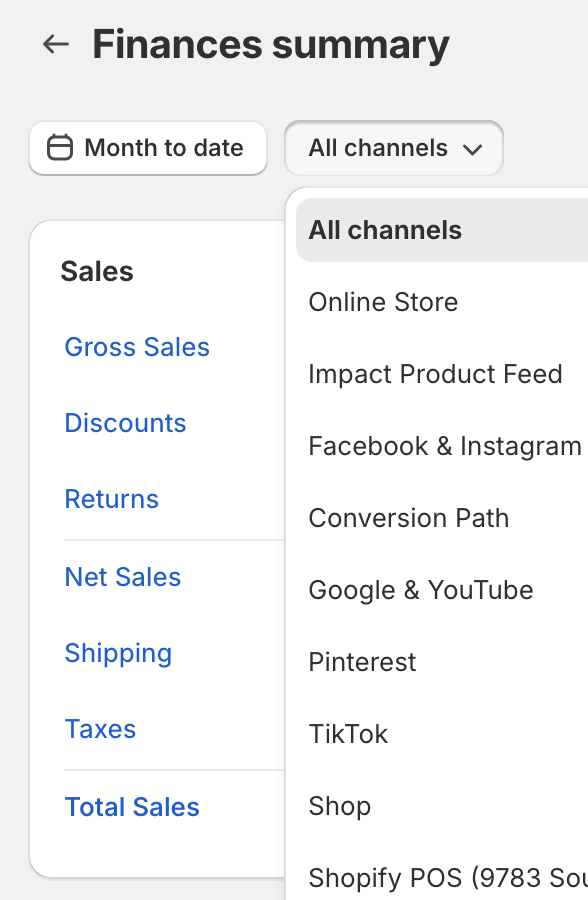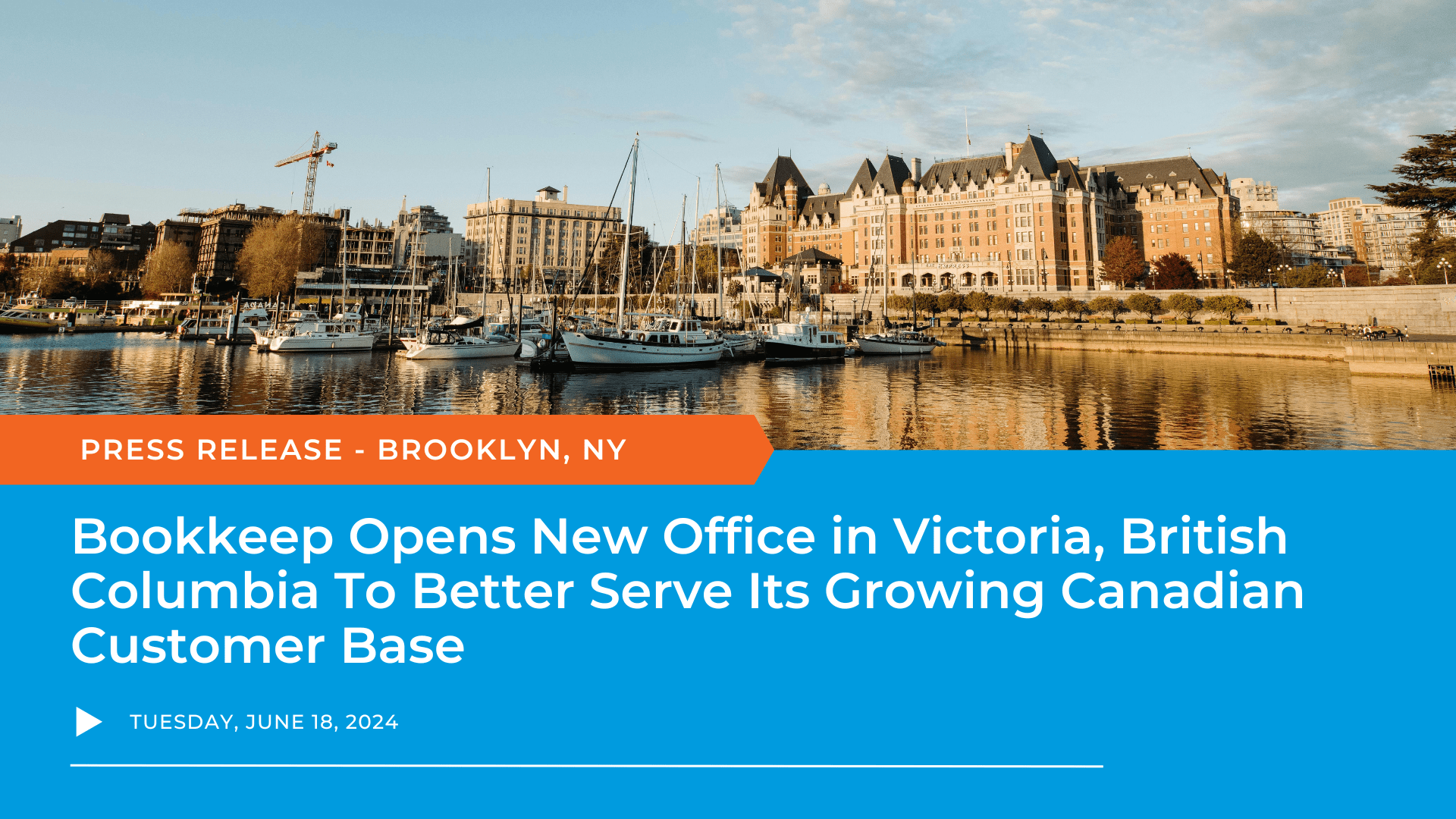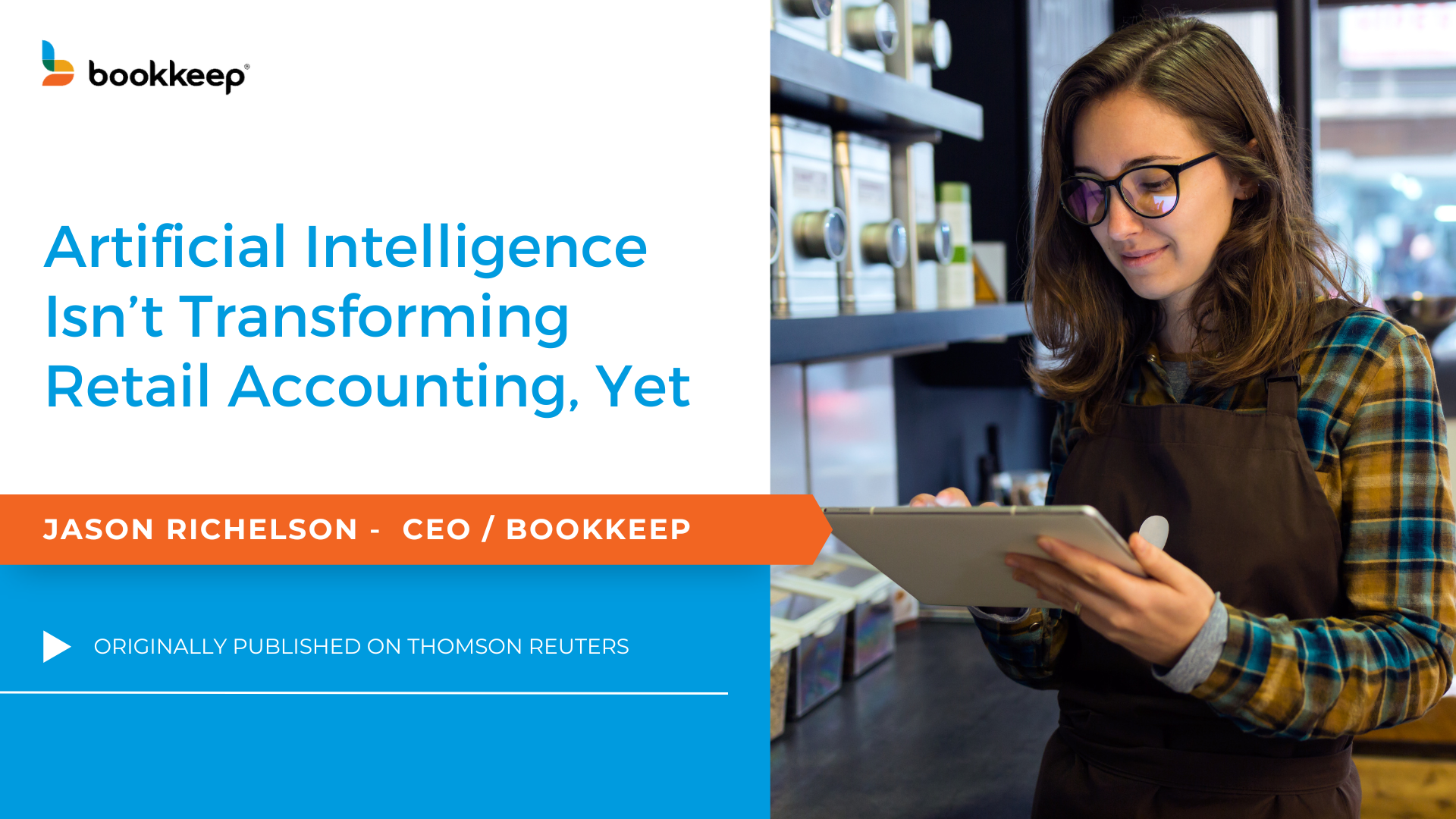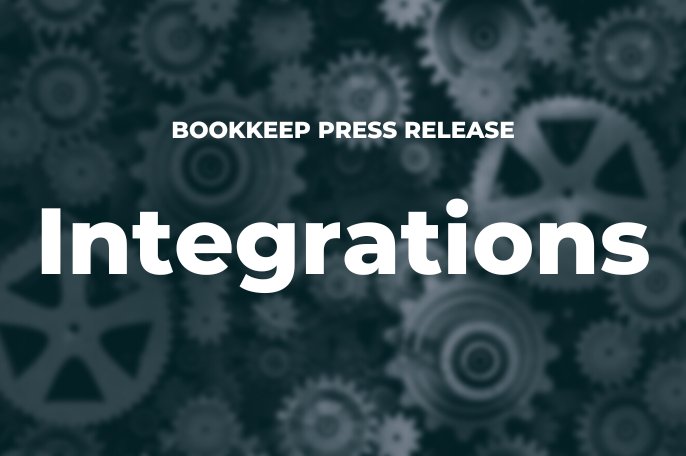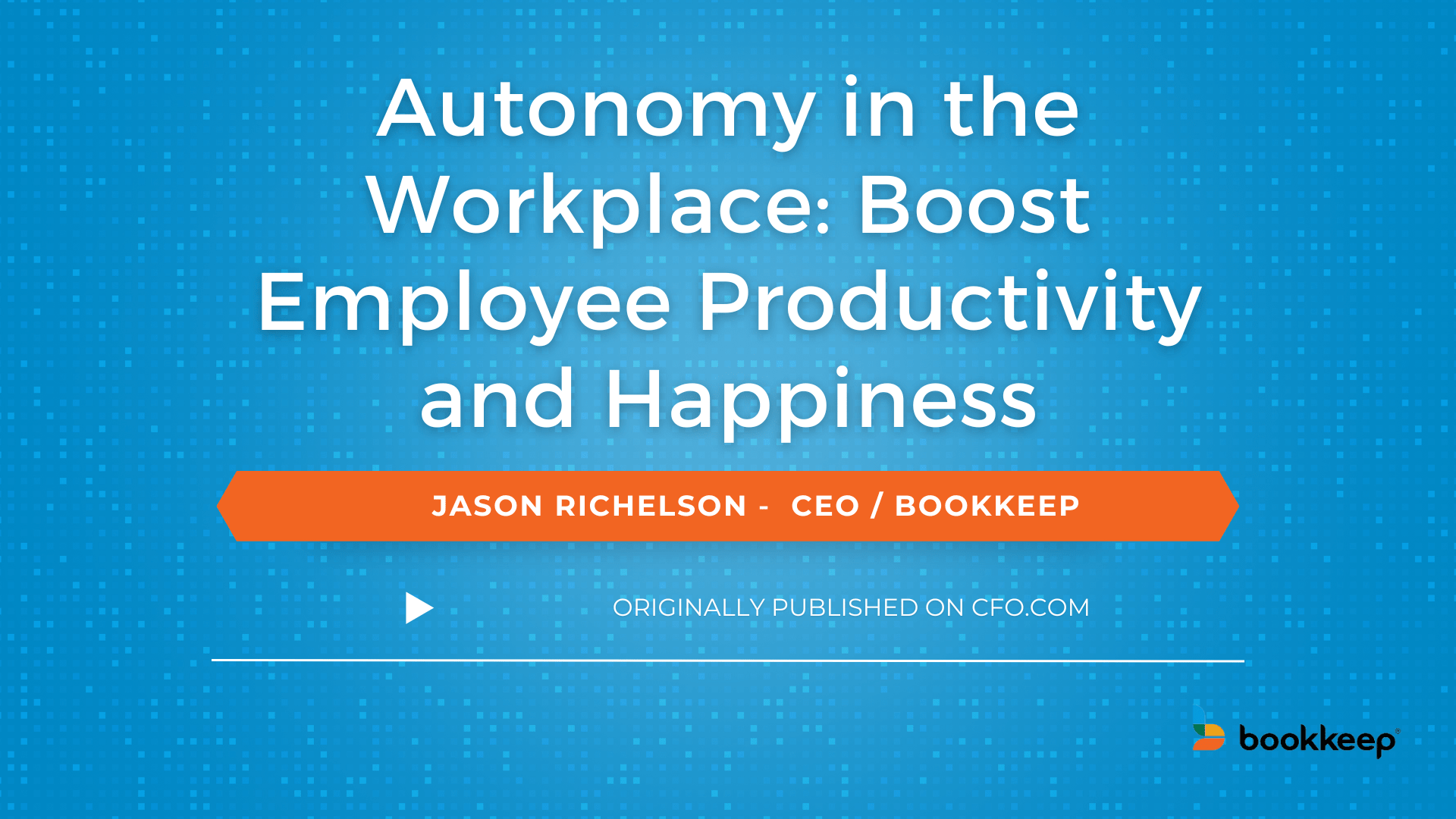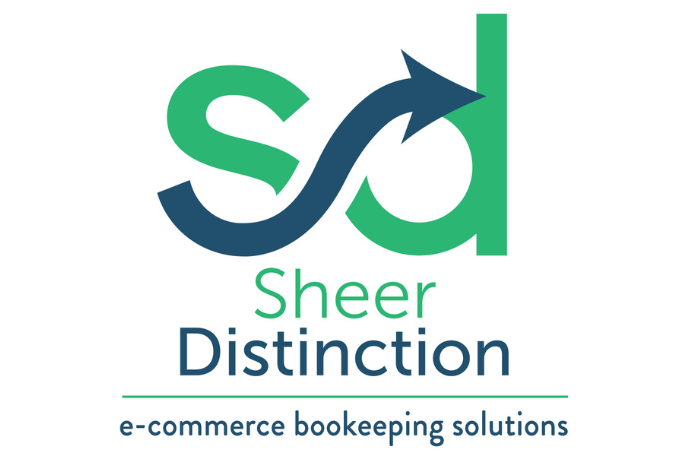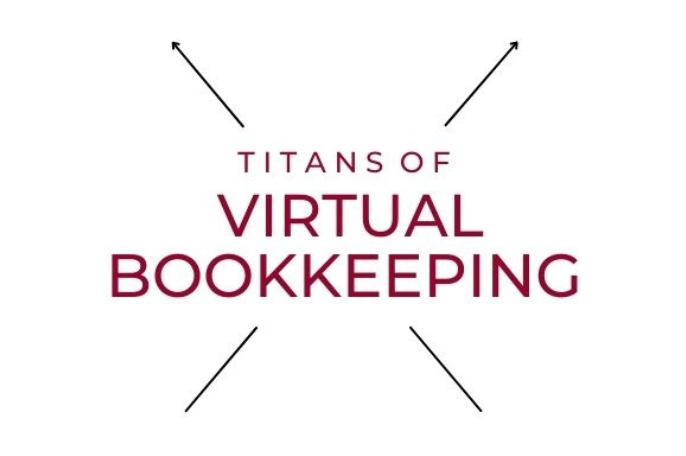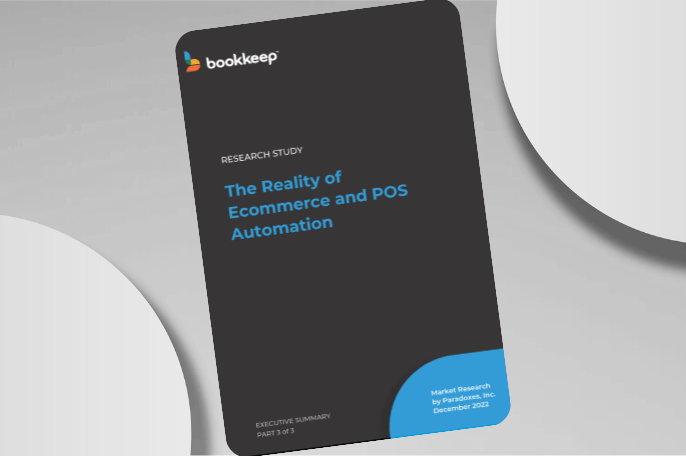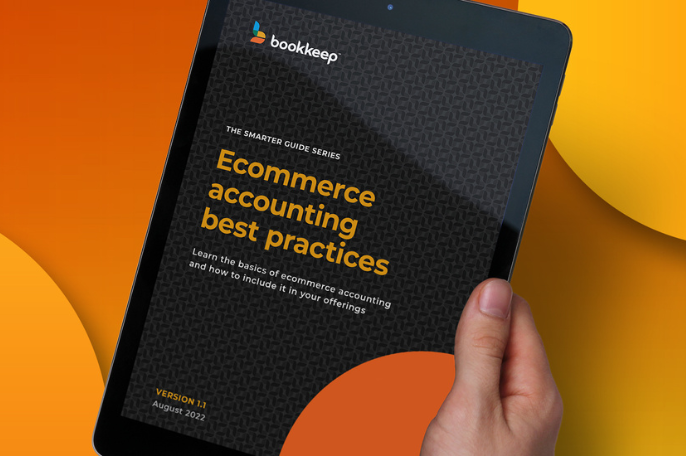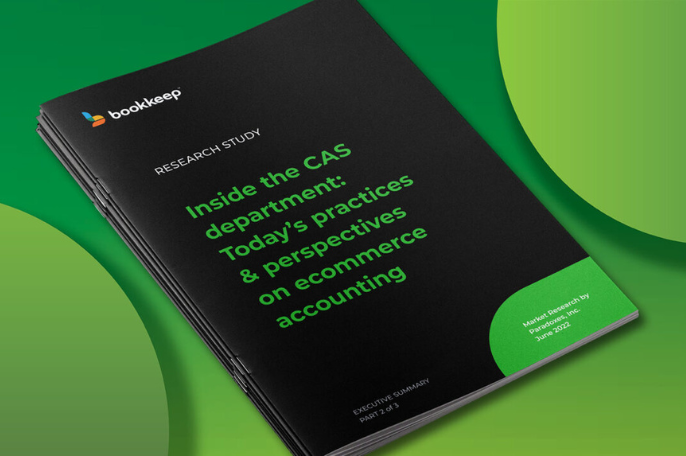Blogs
Client Accounting Services: The Outsourced Solution Every Small Business Needs
Thanks to the pandemic, traditional brick-and-mortar retailers and restaurants are embracing ecommerce and digital payment systems like never before. But whi...
March 29, 2023
0
min reading time


Blogs
Thanks to the pandemic, traditional brick-and-mortar retailers and restaurants are embracing ecommerce and digital payment systems like never before.But while these technologies enable businesses to significantly expand their reach and revenue potential, they exponentially increase the complexity of their owners’ accounting responsibilities.In the past, most sales were generated in store and owners only had to reconcile sales with payments in cash, checks and credit cards, making it relatively easy to maintain their general ledgers and analyze the effectiveness of their marketing efforts.But today’s online retailers now have to deal with an often-bewildering variety of sales and payment feeds coming from many different vendors. And with many firms skating on razor-thin margins, they have to conduct daily account reconciliation to make sure discrepancies don’t threaten their bottom line.Since there are relatively few revenue accounting automation solutions available today, most small businesses can’t afford to hire in-house bookkeepers or accountants to handle their increased digital workload. That’s why many are outsourcing these responsibilities to dedicated client accounting services (CAS) specialists.
A one-stop accounting resource
CAS professionals offer a variety of transaction-management, analytical and advisory services. While some work with mid-size corporations with regional or national footprints, most of their clients tend to be smaller-sized retailers and restaurants.Depending on their clients’ needs, CAS professionals can provide a wide range of services. Most of these fall into three general categories:
- Most commonly, they are hired to handle a business’s daily bookkeeping and transaction-related activities such as cash management, payroll, reconciling sales and deposits, bill payment and managing accounts payable and receivable.
- Others may get involved in paying taxes and preparing tax returns, producing financial statements and reports, and participating in audits and reviews.
- Those with a higher level of financial and technical expertise may conduct data analytics, cash flow analysis, budget planning, financial modeling and benchmarking, and oversee the deployment and integration of Cloud-based accounting, banking and payment systems.
CAS professionals aren’t necessarily shoehorned into specific roles. In some cases, a single professional may handle both day-to-day bookkeeping and reporting while also providing strategic support when needed.
Fully trained to deal with today’s digital opportunities and challenges
CAS professionals are uniquely qualified to address the hybrid in-store and online sales models most retailers have adopted.
- They’re fully trained to manually access, analyze, and enter sales data coming from a wide range of ecommerce platforms, retail marketplaces, delivery services, and payment systems and reconcile these figures with deposits made to their clients’ banks accounts.
- They’re experts at analyzing the impact of online commissions, fees, and service charges, and ensuring timely payments of out-of-state sales taxes.
- They’re committed to reconciling accounts on a daily basis, because their clients need to know where they stand financially at the start of every business day.
More reasons why working with a CAS team makes sound business expense
In addition to being fully qualified to address today’s ecommerce realities, CAS firms offer additional benefits for business owners.
- One-stop simplicity. Working with a dedicated CAS team whose members work together can holistically address your business’s various accounting challenges.
- Greater peace of mind. CAS professionals can make sure that your firm’s financial practices comply with IRS, federal and state regulations and Generally Accepted Accounting Principles (GAAP).
- CFO-level expertise. If you’re unable to hire a CFO or controller, qualified members of your CAS team can serve in these roles at far lower costs.
Issues to consider when hiring CAS specialists
There are a variety of ways to hire CAS professionals. Many are members of specialized practices within CPA firms. But there are also dedicated CAS firms that do nothing else.In most cases, you’ll work with a dedicated team. They’ll quickly get up to speed on the financial side of your business and together you’ll work out specific daily, weekly and monthly deliverables.While some firms bill on an hourly basis, many CAS firms offer subscription-based models where you pay a fixed monthly fee based on the services you need. This is a good option for businesses that need to keep close track of expenditures.If your budget is tight, you may consider using offshore CAS firms. While they typically charge significantly less, there are potential logistical inconveniences and risks in using firms located outside the U.S.For one thing, time zone differences may not enable their work schedules to sync with yours. If members of the team aren’t fluent in both speaking and reading English, miscommunications may result. Foreign CAS teams may not have a deep understanding of U.S. tax laws, financial regulations, or GAAP.Finally, some foreign governments may not have strict rules governing data security and safeguards against financial fraud. And since they’re beyond U.S. jurisdiction, it may be difficult to hold them legally accountable for mistakes or negligence.
A resource designed to growth with your business
As your business evolves and grows, so do your accounting challenges. Working with a qualified CAS team can alleviate these burdens. They can manage the transactional activities that keep your general ledger up to date, while also providing critical financial information and analysis you need to manage cash flows, improve operational efficiency, accurately assess the effectiveness of your sales and marketing efforts and anticipate future growth opportunities.

%201.svg)


